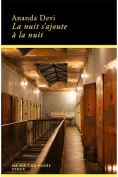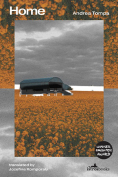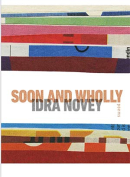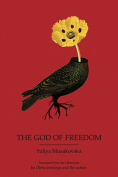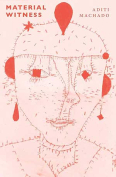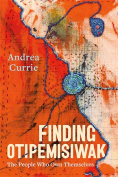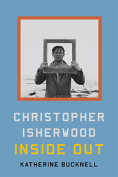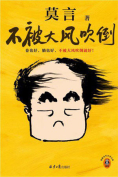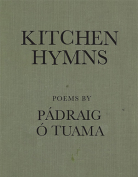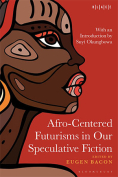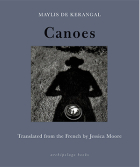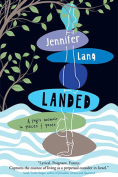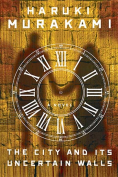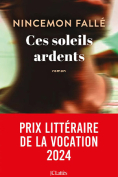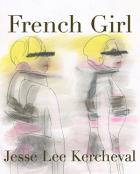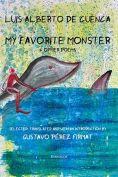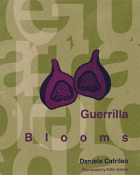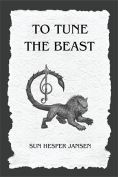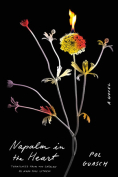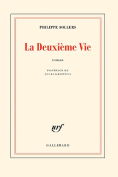Ces soleils ardents by Nincemon Fallé
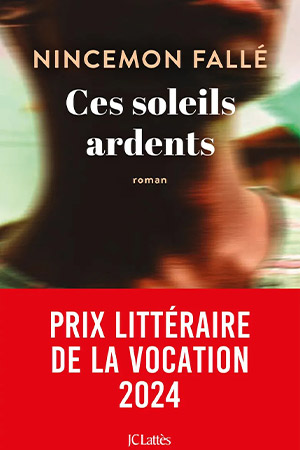
Paris. Lattès. 2024. 306 pages.
Ces soleils ardents (These fiery suns) is the impressive first novel by a twenty-two-year-old writer who grew up in Côte d’Ivoire and currently lives in Abidjan, the country’s economic capital. The title may be an indirect reference to the now-classic Les soleils des indépendances (1968), by the much better-known Ivorian writer, Ahmadou Kourouma (1927–2003). If so, it reflects a generational shift. Kourouma’s first novel addressed both the enthusiasm that accompanied and the disillusionment that followed the country’s independence in 1960. In Nincemon Fallé’s novel, a few representatives of a new generation, for whom the colonial era and the struggle for independence belong to a distant past, are faced with the varying levels of success and failure of their elders as they contemplate their own future.
Fallé’s narrative is partly autobiographical. A small group of friends—Iro, Thierry, Malick, Yeo—begin their studies in Abidjan, at Félix Houphouët-Boigny University (named after the founding father and first president of Côte d’Ivoire). They start out with lofty hopes and with the excessively optimistic expectations of their respective families. However, they are soon confronted with harsh realities, in the form of economic hardship and personal struggles. The university is overcrowded, has a high dropout rate, and large numbers of its graduates fail to find adequate employment. Due to insufficient housing, many students are left homeless, often resorting to sleeping at night in lecture halls.
For his part, Iro, the novel’s main character and narrator, has to share a single dorm room with his friends, including Thierry, who in alternating chapters adds his complementary narrative voice to what can be likened to a bildungsroman. Among the group of friends, Iro is the most promising and motivated student. However, he has to return to his native village when he learns of the death of his father. During his stay, he encounters the resentment of his younger brother, who feels that Iro abandoned him when he left for Abidjan.
Within his extended family, Iro is also confronted with the enduring contempt directed at his deceased father, who like Iro had once left to study in Abidjan but had returned to the village only to eke out a miserable existence as a small farmer. Iro is clearly aware of the danger of following in what is perceived as his father’s failed footsteps, just as he is conscious of the social opprobrium that would follow. Meanwhile, Thierry is caught in his own contradictions, as he claims to be a university student but turns out to be more attracted to what is generally considered menial and lowly work, since he discovers he has real talent as a tailor.
After several plot twists and flashbacks to their childhoods, the two friends will each find ways to deal with their past and to forge their own path in life, regardless of their respective families’ expectations. There are lingering remnants of youthful fervor and naïveté in the novel’s conclusion, in which writing is lauded as both a therapeutic process and an end in itself. That caveat aside, Fallé’s intergenerational tale of struggle, endurance, and relative success constitutes a very readable and promising entry into the world of francophone African literature.
Edward Ousselin
Western Washington University

